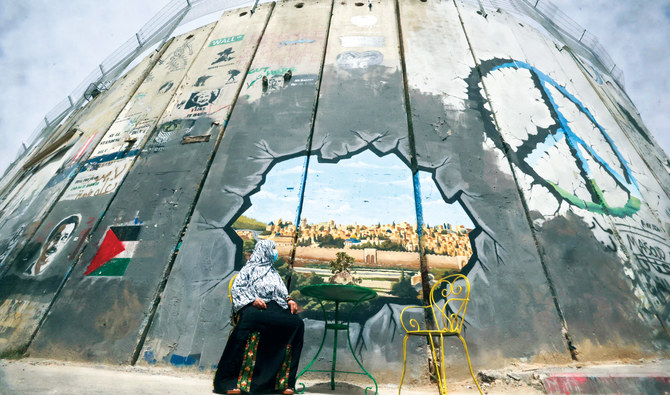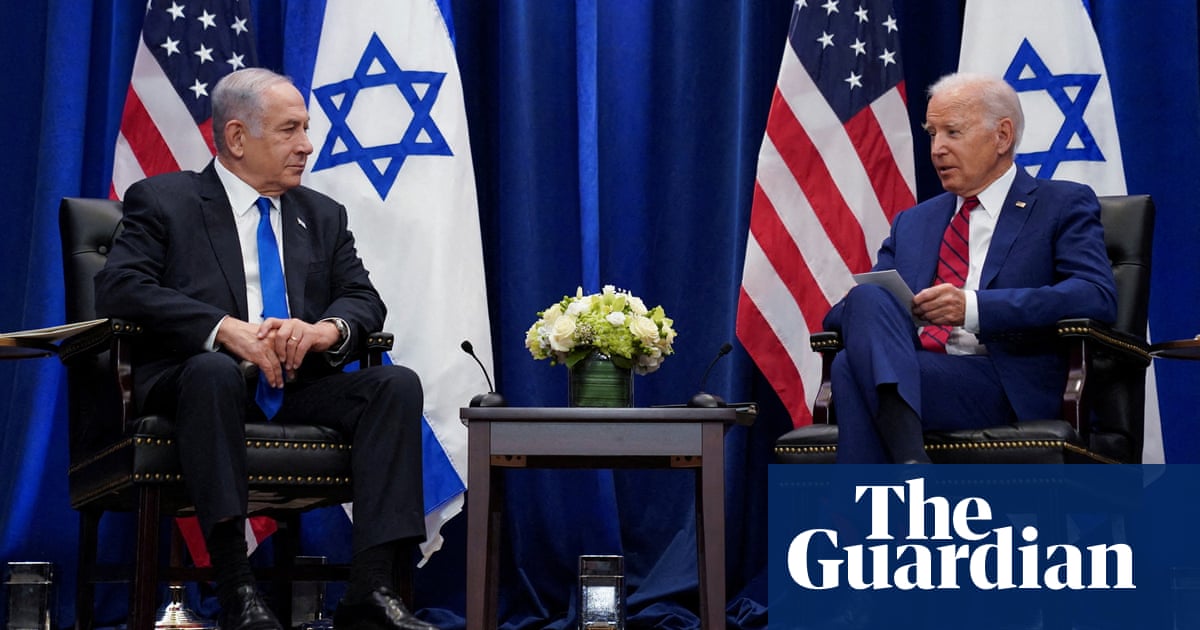
President Donald Trump last week announced that the US would withdraw from the 2015 nuclear agreement with Iran and re-impose sanctions that had been waived under the deal. He called the agreement “rotten” and “decaying.”
However, Iran has been certified as fully complying with the agreement, which enjoys international backing on the basis of a UN Security Council resolution. The two matters that immediately agitate the US and its allies in the Middle East are outside the purview of the nuclear agreement — Iran’s ballistic missiles program and its disruptive role in the region by backing the Assad regime and terrorist entities such as Hezbollah.
Trump has perhaps adopted this tough posture on Iran since he believes his “strategy of increasing tension” (in Emmanuel Macron’s words) had brought the North Korean leader, Kim Jong Un, to the negotiating table. He is convinced that a similar approach toward Iran will yield a “better deal.” Those assumptions relating to North Korea and Iran, however, are flawed.
Observers have pointed out that the North Korean leader has only come to the negotiation table because of his belief that his regime and country are secure after the testing of nuclear weapons, not in response to the sanctions or “fire and fury” promised by Trump in his earlier fulminations.
Iran, for its part, has previously endured crippling sanctions and is likely to become more united and nationalistic in response to fresh US threats. Again, with the US withdrawing from the nuclear agreement, there is now hardly any possibility of the missiles and regional security issues being addressed constructively.
However, another more immediate matter has assumed center stage, as Israel has made it clear it sees Iranian and Hezbollah presence in Syria as an existential threat, and it will resort to military force to neutralize this danger.
Immediately after the Trump announcement, tensions flared. Last Thursday, Israel attacked 70 Iranian military targets inside Syria, in retaliation for the 20 rockets that had been fired by the Quds Force, the overseas arm of Iran’s Islamic Revolutionary Guards Corps, on its military positions in the occupied Golan Heights.
Israel said it had “hit almost all of the Iranian infrastructure in Syria.” Targets had included intelligence, logistics, and munitions storage facilities, as well as some Syrian military targets.
While EU leaders have called for restraint on all sides, the White House was in no doubt that Iran was responsible for the “provocative rocket attacks.” It added that the “Iranian regime’s actions pose a severe threat to international peace and stability.”
Clearly, the Middle East is on the edge of a catastrophe.
In response to a major Israeli attack, Hezbollah and Iran might attempt to shower Israel with missiles. Tel Aviv has also made it clear that a Hezbollah attack would trigger an attack on Iran itself. This would cause a conflagration that would engulf the entire Middle East.
This balance between the two Middle East rivals could make Russia the peacemaker the region urgently needs.
Talmiz Ahmad
In this conflict, Israel believes it will have a robust ally in the US, given Washington’s hostility to Iran and its overt support for Israel’s maximalist regional agenda.
All eyes are now on Russia. It is entrenched in Syria and is using that country as the springboard to shape its regional and global ambitions as a world power. It is allied with Iran in promoting the peace process in Syria, but is also closely engaged with Israel: Moscow has apparently countenanced Israeli attacks on Iranian and Hezbollah positions in Syria, though it will not accept any threat to the Assad regime.
This balance between the two Middle East rivals could make Russia the peacemaker the region urgently needs. It can counsel restraint on both sides, ensure that mutual red lines are not crossed in Syria and, most importantly, guarantee that Iran stays with the nuclear agreement. It will then be able to work with EU nations to give Iran some of the economic benefits promised by the agreement, while addressing, in an improved climate, the issues of ballistic missiles and regional security.
The US approach to foreign affairs could in fact accelerate the shaping of a new regional and world order.
Talmiz Ahmad, a former Indian diplomat, holds the Ram Sathe Chair for International Studies, Symbiosis International University, Pune, India.












